MercoPress. South Atlantic News Agency
Tag: Central Bank
-
Thursday, October 4th 2018 - 08:24 UTC
Argentine Peso strengthens for third day running supported by high interest rate for short term debt
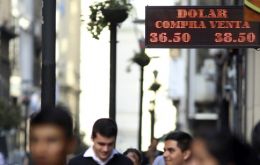
Argentina’s peso rallied for a third straight day on Wednesday, after high-interest short-term debt issued by the central bank soaked up liquidity, a strategy that has raised concern about the sustainability of the country’s program.
-
Monday, October 1st 2018 - 08:56 UTC
Beijing currency swap support for Argentina
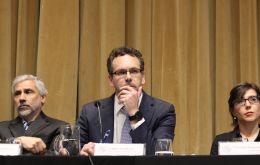
Argentina has “nearly closed” a new currency swap deal with China that will add the equivalent of US$ 9 billion to the South American country’s reserves, the central bank said on Sunday. Argentina and China first agreed to a swap program in 2009 to boost the South American country’s dwindling reserves under former President Cristina Fernandez. Last year, the center-right government of President Mauricio Macri and China agreed to extend the program for three more years.
-
Wednesday, September 5th 2018 - 08:16 UTC
Argentine Peso slid another 2.18% and the Central bank sold US$ 350 million in reserves
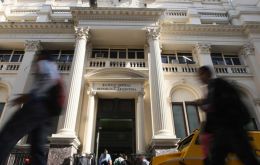
Argentina’s peso slid further on Tuesday as investors reacted with skepticism to president Mauricio Macri’s plans. Many worry he will not be able to push reforms through a restive Congress amid growing frustration on the streets of Buenos Aires.
-
Thursday, August 23rd 2018 - 08:05 UTC
Argentina rolling over short term debt into longer duration Treasury notes
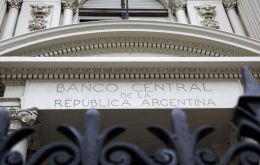
Argentina sold US$2.1 billion in three and six-month treasury notes, the Treasury Ministry said on Wednesday, as it seeks to direct investors away from shorter-term central bank debt and into longer duration instruments. The amount sold represented more than double the US$ 1 billion in dollar-denominated treasury notes that mature on Friday.
-
Thursday, February 22nd 2018 - 09:07 UTC
Fed more positive on economic outlook ...and more rate hikes expected in 2018
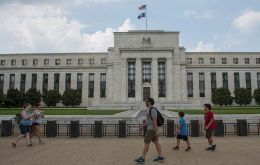
United States Federal Reserve officials grew more positive on the economic outlook, citing “substantial underlying economic momentum,” and were increasingly optimistic about achieving their inflation target, according to minutes of last month’s policy meeting.
-
Tuesday, June 14th 2011 - 15:09 UTC
China hikes bank reserves to contain inflation; food costs up 11.7% in May

China's central bank raised bank reserve ratios on Tuesday for the ninth time since October to try to curb inflation, which is running at its fastest pace in almost three years.
-
Tuesday, July 27th 2010 - 23:37 UTC
As Argentine economy picks up, imports soar and trade surplus is down
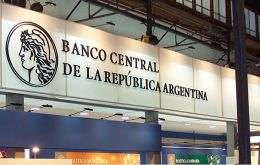
Argentina's trade surplus narrowed by 19% in June from the same month a year ago, falling short of market expectations as brisk economic growth fuelled demand for imports, according to official data released last week.
-
Saturday, July 10th 2010 - 07:18 UTC
Argentine agro-exports help boost international reserves to over 50 billion USD
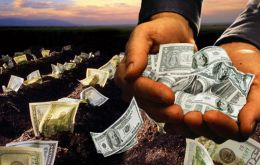
Argentina’s international reserves once again exceeded the 50 billion US dollars mark, boosted by an intervention to the Central Bank by the market in a record purchase of 262 million USD.
